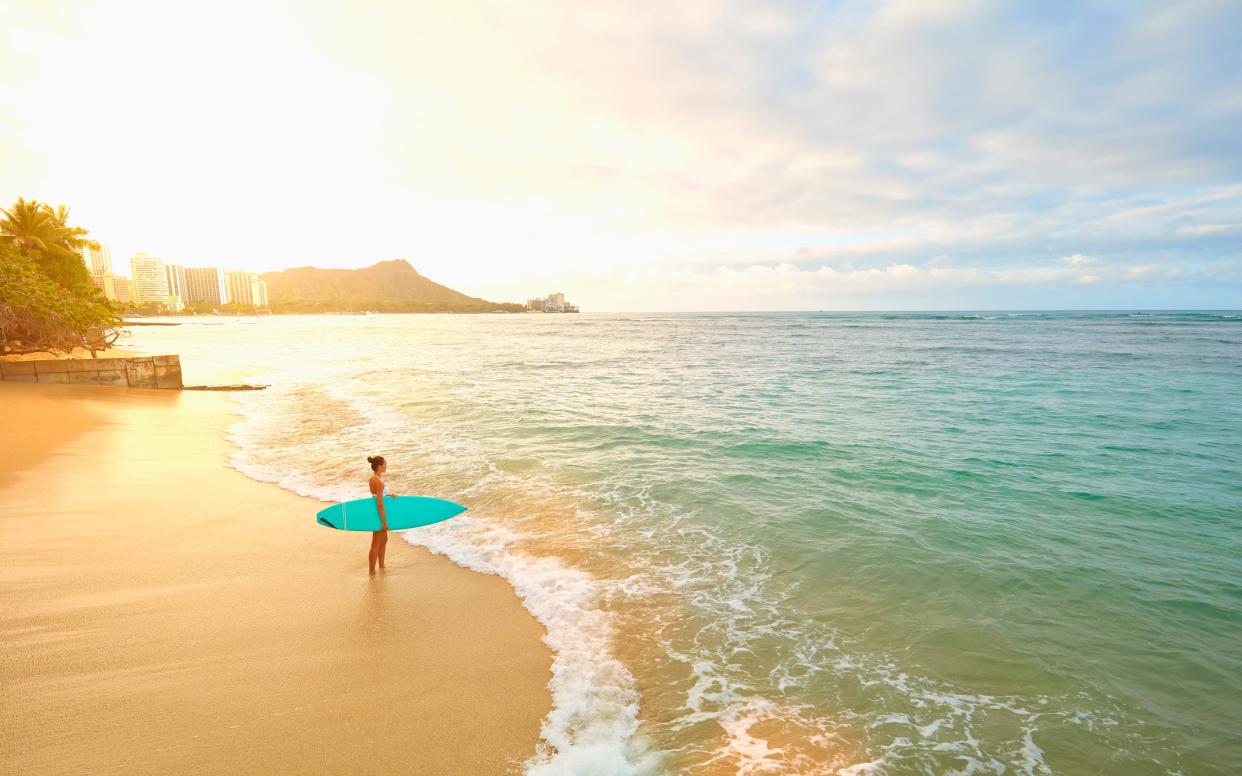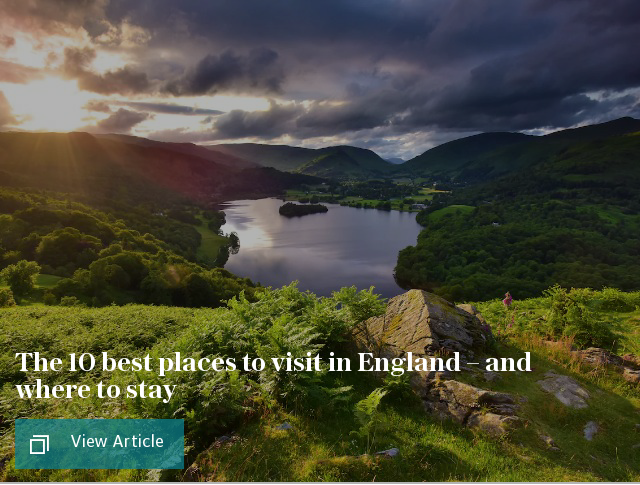From bucket list to babymoon: The surprising origins of six travel buzzwords

We've written before about the pox of travel buzzwords, and the ever-growing list of made-up terms that end in "acation" (staycation, daycation, gaycation), but where did they first originate and more importantly, who is to blame? We tunnelled into the history of six of them, and the results were somewhat surprising.
Bucket list
Or "travel destinations to tick off before you die", which isn't quite so catchy. Given that "kick the bucket" is a colloquialism for death that traces its roots all the way back to at least the 16th century, you'd be forgiven for assuming that the bucket list, too, has a far-reaching etymology. In fact, it's only 11 years old.
The term first entered the Oxford English Dictionary after the release of the 2007 film The Bucket List, starring Morgan Freeman and Jack Nicholson as two terminally ill men racing against the clock to complete a list of things to do before they die.
Despite its stellar cast and palatable buddy caper concept, the film itself was critically panned. Its title, however, exploded in popularity and firmly cemented itself as one of our most celebrated travel buzzwords. Which is a shame really, because "bucket" isn't a particularly nice or evocative word.
There are now millions of online search results for “travel bucket list” – of which, admittedly, Telegraph Travel’s article ranks near the top. Instagrammers are at it as well. Over five million posts have contained #bucketlist, more often than not accompanied with a smug selfie at an awe-inspiring holiday destination.

Babymoon
This gag-inducing term feels like a fairly recent fad but 1991 is the date of its earliest recorded use in English, according to Merriam Webster. It was coined by childbirth author Sheila Kitzinger who actually referred to it as the period of time parents spend alone with their offspring just after its birth.
Somewhere along the line, the concept morphed and parents started fleeing for a holiday in the run-up to the birth instead. Probably because holidays (and certainly plane journeys) are far more relaxing sans baby.
Staycation
There’s sociological context behind the rise of this word, a portmanteau of “stay” and “vacation”. It spread like wildfire across the US in May of 2008 after a record spike in petrol prices made it too expensive for many Americans to travel far from their own home. “Staycation”, therefore, was a term used in an attempt to glamorise the somewhat grim predicament of having time off work without actually going anywhere.

Its earliest recorded use, however, has been traced back to an article in the Cincinnati Enquirer from July 1944. “Take a Stay-cation instead of a Va-cation, this year,” the newspaper suggested, at a time when the economy was actually on the up.
Americans have long been faithful to their staycation habits, it should be noted. In the 1990s, only four per cent of them even had passports, a number which has been growing since but is still comparitively paltry. In 2017, it was more like 40 per cent, according to the US Census Bureau - compared to 76 per cent of Britons who held a passport at the time of the last census (2011).
Glamping
Mash together the words "glamour" and "camping" - two themes some argue should stay very much separate - and you get “glamping”: the way posh people like to park their tents, or as The Telegraph's digital travel editor Oliver Smith not so fondly refers to it, “roughing it with little Hugo in a teepee”.
Its first known use was in 2005, the same year the term “sexting” entered the canon, apparently. According to Google Trends, “glamping” - most popular among the British - didn’t really take off until 2010, when it was adopted by the travel industry at large in a bid to sell really, really expensive camping experiences.
And boy did it work. The term’s popularity hit its peak over the summer of 2017, and this year, as the sun finally creeps out again, there’s no stopping it. You don’t even need to find a forest. For the princely sum of £2,850 per pair, you and little Hugo can now spend the night in a yurt on the roof of LA’s Four Seasons Beverly Wilshire hotel. It’s got a marble bathroom and Bulgari amenities but strictly speaking, it’s still a tent, yah?
Wanderlust
Derived from the German words “wandern” (to hike) and “lust” (desire), this term, which describes a longing for travel, dates all the way back to the High Middle Ages in its home country. Its first documented use in English was in 1902, so says the Online Etymology Dictionary.
And its popularity has been fairly stable since Google started keeping count of searches in 2004, except for a steep spike in 2012 that can be attributed to the release of a movie of the same name starring Jennifer Aniston.

Wellness
Enough to send a shiver down your cold, cynical spine. Or, have you running for your yoga mat, depending on which camp you fall into. Of all the buzzwords, “wellness” is perhaps the most divisive. You’re either the type who can’t utter the word without feeling sick and using air quotes, or a wellness retreat is your idea of a very good time indeed.
Merriam Webster seems to think it was first recorded in English back in 1653 - the same year we started using “banter”, “fair-weather” and “syphilis”, incidentally - but it didn’t come into prominence on a wide scale until the 20th Century.

In 1948, the World Health Organization stated as part of its constitution: “Health is a state of complete physical, mental and social well-being and not merely the absence of disease or infirmity”. During the 1970s it was embraced as a concept in the world of alternative medicine, and today - well, what does it mean exactly?
Synonyms suggested by Merriam Webster include “fitness, health, heartiness, robustness, soundness, wholesomeness”, and finally “sap” - “ a foolish gullible person”.


